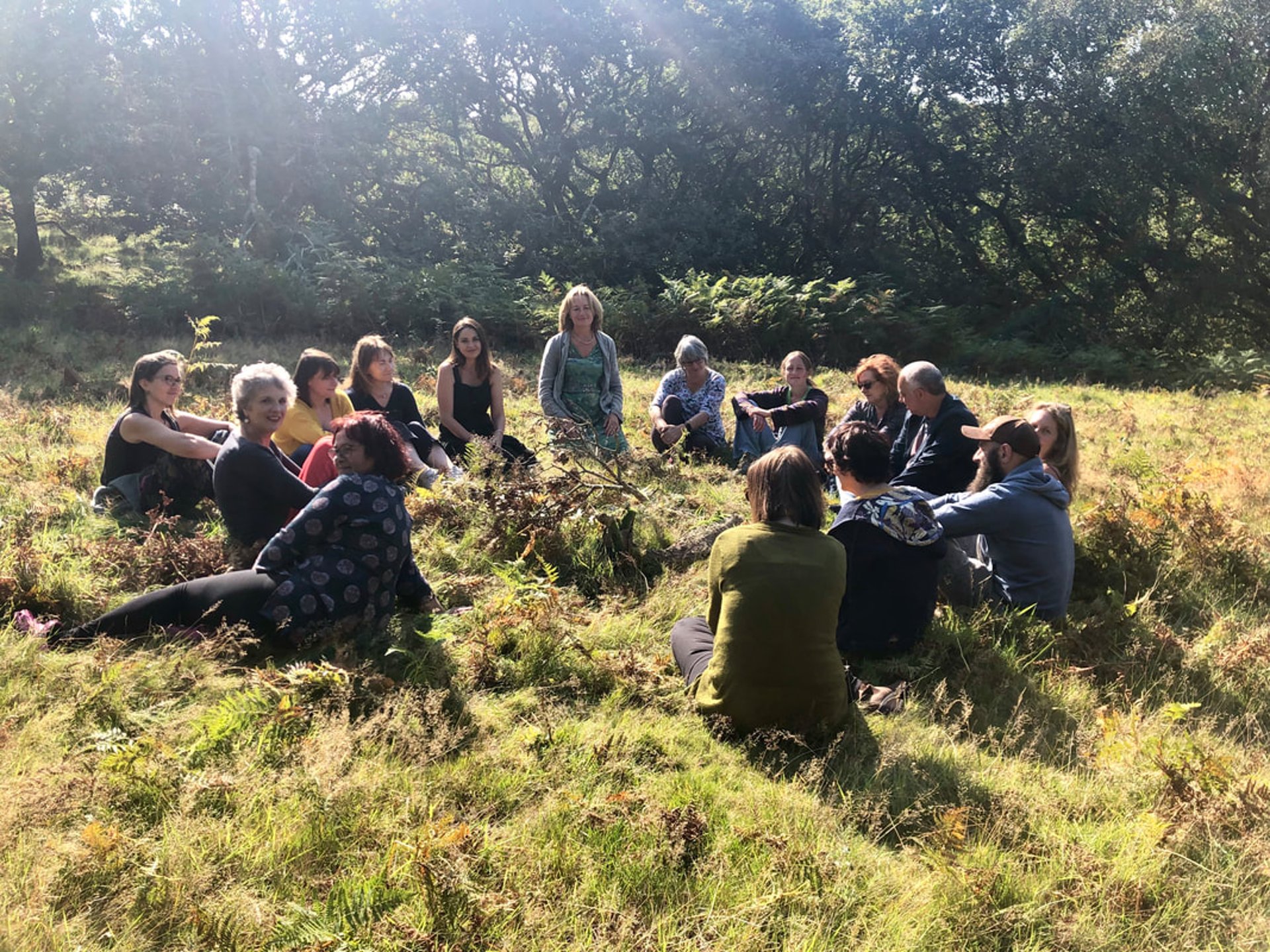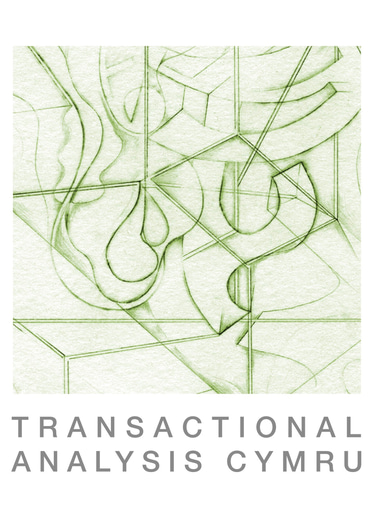
Train as a Psychotherapist
Training Structure: 10 weekends/140 hours of core training a year for four years. 520 total core training hours. Additional hours of tutorials, supervision, CPD and therapy are also required.
We also run a further fifth year + to support your Professional Development and work towards your Certification as a Transactional Analyst and/or UKCP certification.
Course Description: This training is intended for students who plan to pursue a professional career as counsellors or psychotherapists practising TA. This course enables trainees to work safely and ethically in private practice or the statutory/voluntary sectors.
Successful completion of the four-year training leads to an assessment process and the option to apply for inclusion in the National Register of Psychotherapists published by the United Kingdom Council for Psychotherapy (UKCP).
In their third year, students may also achieve their UKATA Diploma on completion of all assignments, client work, oral assessment, therapy and supervision requirements. They may then choose to apply for BACP membership as a counsellor subject to having completed the required practice hours.
The final assessments occur after the 4-year training has been successfully completed. There are two routes that both lead to registration with the UKCP as a psychotherapist.
The first qualifies you as a humanistic psychotherapist registered with the UKCP.
The second leads to the additional Certification as a Transactional Analyst psychotherapist. This qualification is also recognised by the European Association for TA and the International Association for TA.
After completion of the training, an exam group supports trainees to prepare for their final exam.
Extra Requirements: The UKCP requires 160 hours of personal therapy during training (40 hours a year) as we must know ourselves to practice at depth with clients. Supervision hours are at a ratio of 1:6 (supervision: clinical practice). Clinical practice to qualify is 200 hours (UKATA Diploma), 450 hours (UKCP registration), 750 hours (Certification as a Transactional Analyst). You are required to be a member of UKATA and EATA - our UK and European associations.
PDE Course Description online and face to face: This course is an opportunity to process your four years training and consolidate your professional practice. For some people this means client work, developing your identity and collegiate relationships. For others this will mean writing their UKCP registration case study or CTA exam in the context of a supportive group. A tutor runs this professional day by contracting with group for what they want at the beginning of each session. There are options for personal and professional process, client case studies, practice for oral exams, practice for presentations that you are preparing for a conference, developing and analysing theory.
Next four year psychotherapy training Begins: September 2026
Applications Open: November 1st 2025
Applications Close: 31st May 2026
Application Process: Written application followed by interview.
Training costs for psychotherapy training per year:
£2,400 (advanced training)
£2,600 (foundation training as this includes extra tutorial support during the year.)
(Training costs can be spread out over the year.)
Professional Development and Exam Group costs per year:
This is run over 9 Sundays and currently costs £1100
Everything you need to know to train as a psychotherapist...
If you'd like to train as a psychotherapist, via our psychotherapy qualification, you are in the right place.
Please see below all the relevant information with regards to training as a psychotherapist at our stunning location in Pembrokeshire, Wales.
Train as a Psychotherapist
Training in transactional analysis psychotherapy is a life changing experience that will transform your clinical practice. Applications can be from qualified counsellors and individuals who have a passion for transforming lives through mental health.

Sample of four year curriculum
Year 1 - Self
Introduction. Philosophy and history of TA.
Classical School Structural and Functional ego states, Transactions, Games and Drama Triangle.
Cathexis SchoolSymbiosis, Discounting, Passivity, Reparenting. Self-reparenting.
Classical School: Theory of motivation, Strokes, Hungers, Time Structuring. Life script. Unpacking the family.
Redecision SchoolImpasses, 2 chair work, Gestalt theories
Theories of Cure. Autonomy or Homogeny?
Relational School and Co-creative school. The beginnings of Transference
Integrative School. Richard Erskine and Relational Needs.
Professional Practice, Ethics, Self-reflection. Using therapy and supervision to support clinical practice.
Year 2 - Others
Diagnosis and Assessment using DSMV. Who should we work with (or not)?
Treatment planning. Contracting.
Personality Adaptations
Anxiety
Depression
Eating Disorders
Abuse and Trauma. Poly Vagal therapy
Narcissistic and Borderline presentations
The therapeutic relationship, ethics, professional practice and transference.
Year 4 - Professional Practice
Therapeutic Identity
Working with groups. Introduction to Constellations.
Working with suicide and high risk clients
Working with Intersectionality, culture and difference in the therapy room.
Parent Ego State. Working with 'more than one' in the room. Family constellations in individual therapy..
Developing a practice outside walls
Trauma, Neurobiology, polyvagal therapy and how this relates to TA
Co-creative weekend. Looking at research as part of therapeutic practice.
Rupture, shame and forgiveness - working with deep archaic processes in therapy and supervision.
Year 3 - Clinical Practice
Adult Ego State - constructivism
Working with couples (1)
Child ego state deepened
Working with Addiction.
Research - writing a literary review, thinking critically. Working with the Parent ego state.
Working with couples (2)
Mental Health Familiarisation. Diagnosis and Case Studies.
Organisational Scripts. Review Research.
Menopause, being an elder, grief, loss and dying - a cross cultural perspective.
The tenth weekend every year invites all four training years to a celebration. This includes presentations, completion certificates and rituals to mark the end of a successful year.

Application process below
If you would like to train as a psychotherapist with us, we have a rigorous application process for admission to the first year of training in Transactional Analysis psychotherapy.
These are the steps you will need to take:
Written application (please see button below for google form)
Completion of a TA 101 (we suggest that you attend a TA101 either with one of the staff at TAC, as this will give you a better sense of how we train, and mean that we can get to know you during your application process.
Choice of online or face-to-face Interviews with discussion with the director at TAC.
Please note: Applications are now for intake September 2025 - 2026.
We offer places as we receive applications; spaces are very limited - so early application is recommended.

Have further questions?
Please use the contact form below to ask us


